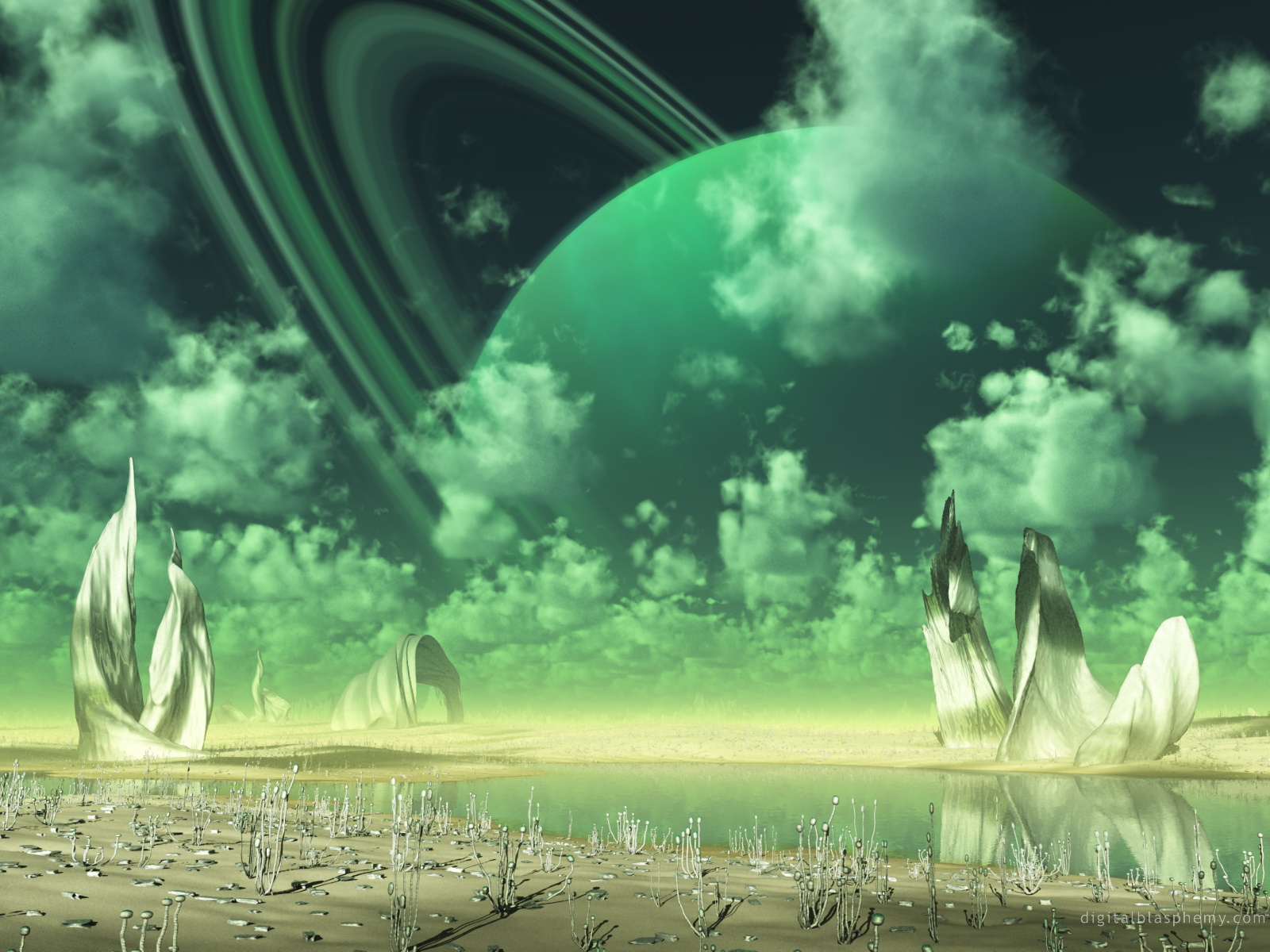On the evening of Thursday, May 22nd, UW Astrobiology presents Finding Life: On Earth, on Mars, and throughout the Cosmos, with Dr. Steven Benner from The Westheimer Institute of Science and Technology in Gainesville, Florida. This event will be free and open to the public! However, pre-registration is required to guarantee seating. To register, click here.
UW Astrobiology & The NASA Astrobiology Institute present:
Finding Alien Life:
On Earth, on Mars, and throughout the Cosmos
with
Dr. Steven Benner
Director, Foundation for Applied Molecular Evolution &
The Westheimer Institute for Science and Technology, Gainesville FL

May 22nd, 7:00pm* – 120 Kane Hall
How
do we define “life”? This fundamental question has remained largely
philosophical, because it has been asked for so long, by so many, and
with so few concrete conclusions. In this talk, Dr. Benner will take a
different tack. He will show how laboratory studies to create a second
example of life help us develop a firmer scientific understanding of
what life is. The challenge of “synthetic biology” is on! Dr. Benner
will discuss how we are hitchhiking on rockets, rovers, and telescopes
to find life elsewhere in the Solar System, and will describe how his
research team is working to develop that second example of life in
laboratories here on Earth, one step at a time.
This event is FREE and open to the public! However, pre-registration is required to guarantee seating.
To reserve your spot, click here.
*Doors open at 6:30pm.
About Dr. Benner:

Dr. Steven Benner is Director of The Westheimer Institute of Science and Technology and the Foundation for Applied Molecular Evolution in Gainesville, Florida. In the past, he held a distinguished faculty position at the University of Florida, and he has also worked at Harvard University and the Swiss Federal Institute of Technology in Zurich. Dr. Benner’s research seeks knowledge about the ancient origin of life, and looks for the essential, universal features of life by studying from four different directions: by developing tests for life on other planets (with the NASA Astrobiology Institute), by using Paleogenetics to resurrect and study ancient proteins that may have belonged to long-extinct ancestors, by recreating prebiotic chemistry to explain the chemical origin of life, and by synthesizing an artificially expanded genetic alphabet that has led to a revolution in our understanding of the structure of DNA.
